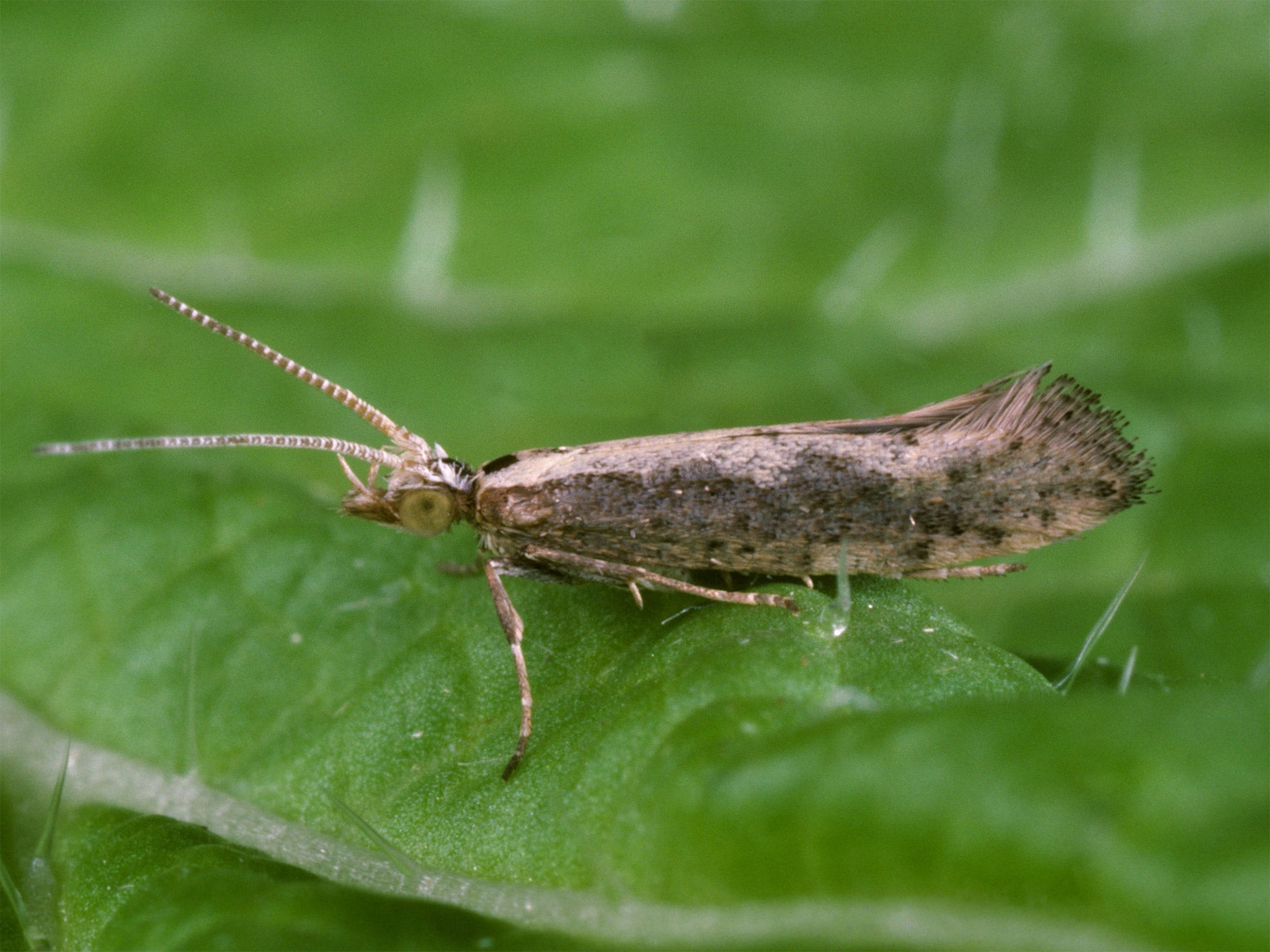GM insects should be given field trials in Britain, says House of Lords report
Powerful technology could provide safer alternatives to pesticides or even eliminate transmission of lethal diseases

Your support helps us to tell the story
From reproductive rights to climate change to Big Tech, The Independent is on the ground when the story is developing. Whether it's investigating the financials of Elon Musk's pro-Trump PAC or producing our latest documentary, 'The A Word', which shines a light on the American women fighting for reproductive rights, we know how important it is to parse out the facts from the messaging.
At such a critical moment in US history, we need reporters on the ground. Your donation allows us to keep sending journalists to speak to both sides of the story.
The Independent is trusted by Americans across the entire political spectrum. And unlike many other quality news outlets, we choose not to lock Americans out of our reporting and analysis with paywalls. We believe quality journalism should be available to everyone, paid for by those who can afford it.
Your support makes all the difference.The first field trials of genetically modified insects should be encouraged by the Government, a parliamentary investigation has concluded.
Scientists in the UK have pioneered the development of GM insects, which can be used to reduce the transmission of pests in crops or diseases in livestock and people – but highly-restrictive EU regulations have effectively blocked field trials.
A House of Lords report has now said that the regulations are effectively broken, arguing that Britain needs to take the lead and conduct its own experiments, in order to break the legal stalemate that has frustrated British companies.
The powerful technology could provide safer alternatives to highly damaging pesticides, or might reduce or even eliminate the transmission of lethal diseases such as malaria, dengue and West Nile fever, the Lords’ science and technology committee said.
The Government must therefore act if it is serious about fulfilling its “moral obligation” of tackling the growing problems, they concluded. “To attempt to break the current impasse, we recommend the Government invests in a GM insect field trial to test fully the science, regulatory processes and policies,” the Lord’s report says.
“This stimulus is required to move beyond the current stasis induced by the failings of the EU regulatory regime. Moreover, the pursuit of such a trial should be the catalyst for a public engagement exercise.”
Earlier this year, the Government won a “derogation” that allowed it to circumvent EU rules covering the introduction of GM crops, but it is unclear whether this also extends to field trials of insects.
An Oxford-based company, Oxitec, has carried out successful field trials of GM mosquitoes to tackle dengue fever in Central and South America, but failed to win EU approval for a similar trial involving diamondback moths, a serious crop pest in Britain.
Lord Selborne, who chairs the committee, said that companies like Oxitec need to be encouraged as GM insect technology has the potential to save countless lives worldwide and to generate significant economic benefits for Britain.
But Mark Shadlow, the chief executive of the conservation group Buglife, said: “We are surprised that the report didn’t summarise the environmental risks that were highlighted in its evidence gathering and instead recommended a UK ‘field trial’, without making a clear case for a UK problem that needs to be tackled, or therefore, the type of insect to be trialled.”
Creating millions of sterile male insects, which cannot produce fertile offspring, and releasing them into the wild has been shown to be highly effective in reducing the overall population of mosquitoes capable of transmitting diseases such as dengue or malaria.
Oxitec’s sterile male mosquitoes, for instance, have reduced the local population by up to 90 per cent, which the company hopes will reduce or prevent the transmission of dengue fever, a disease threatening half the world’s population. Similar technology could be used on the diamondback moth, a serious pest of brassica crops.
Join our commenting forum
Join thought-provoking conversations, follow other Independent readers and see their replies
Comments